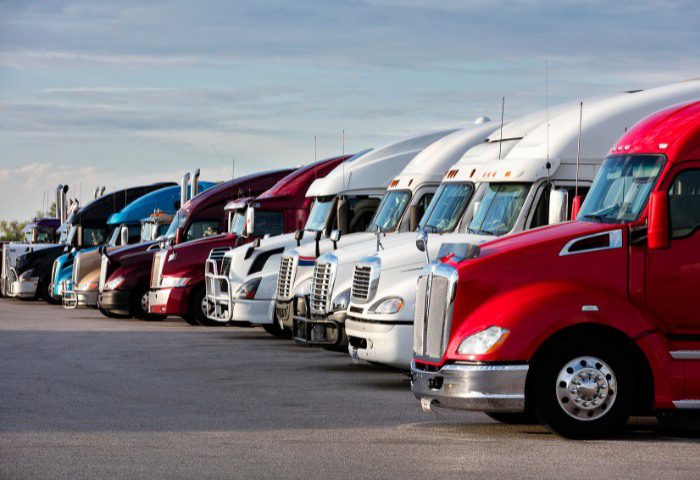
Navigation
What Are the Differences Between Auto Transport Carriers and Brokers?
Auto transport carriers are the companies that own the trucks and physically transport your vehicle. They are the ones you see on the road, hauling cars from one destination to another. Carriers are directly responsible for the logistics of transporting your vehicle, from pickup to delivery.
On the other hand, auto transport brokers act as intermediaries. They do not own the trucks or handle the actual transport. Instead, brokers connect customers with carriers. They have a network of carriers they work with and can often offer more flexible scheduling options and competitive pricing by shopping around for the best deals for you. They play an important role in vetting potential carriers for reliability and adequate equipment and insurance coverage for your load. Reputable auto transport brokers will also handle the majority of the communication with the carriers, so
People’s Doubts and Reservations About Brokers
Many people have reservations about using brokers, primarily due to a lack of understanding of their role in the auto transport industry.
One common concern is whether brokers can be trusted to handle the logistics of shipping a vehicle. The transport agents working at brokerages are trained and experienced and know what kinds of trucks are needed for your load, what the most common and most affordable routes are, how much your trip will realistically cost you, and how you can get the best price possible. With a broker, you can rely on their expertise without having to dive deeply into the ins and outs of the auto transport industry yourself.
Customers also often worry about the reliability of the carrier the broker chooses and whether there will be additional hidden costs. With a little research into a company’s reputation, these pitfalls can be generally avoided and you might find that the service a broker can provides more convenient than finding a carrier yourself and dealing directly with the carrier.
Why Brokers Are Your Top Choice
Access to a Wide Network: Brokers have access to a large network of carriers, which can be advantageous when looking for competitive pricing and availability. Tucking companies aka carriers often operate only along distinct routes, so finding a suitable and available carrier yourself can be challenging and time-consuming.
Time-Saving: Brokers handle the legwork of finding and negotiating with carriers, saving you time and effort. Brokers know which questions to ask carriers to make sure the load maintains a legal height and that the carrier’s equipment will be able to handle the weight and requirements of your shipment.
Going the extra mile: Many auto transport brokers offer handling the logistics with auto dealerships or other parties involved.
Flexibility: Brokers often offer more flexible scheduling options, as they can coordinate with multiple carriers to find one that suits your timeline.
Pros of Using Carriers Directly
Direct Communication: Working directly with a carrier means fewer communication barriers and more direct control over the transport process.
Potential Cost Savings: Without a broker’s commission, using a carrier directly may sometimes be more cost-effective. However, keep in mind that finding an available and qualified carrier in your area and negotiating the price yourself might be challenging.
Cons of Using Carriers
Limited Options: Customers are limited to the specific carrier’s availability and routes, which can sometimes lead to longer wait times or less favorable pricing.
Time-Consuming: Finding a reputable carrier and negotiating logistics can be time-consuming for customers unfamiliar with the industry.
Final Thoughts
The decision between auto transport brokers and carriers depends on your experience and comfort level navigating the auto transport industry. Brokers offer convenience and access to a wide network, while carriers provide direct control and potentially lower costs. Brokers are not here to fool you — most carriers rely on the work brokers do to secure their loads. Whichever route you choose, make sure to inform your broker or carrier about the correct dimensions and condition of your vehicle.


